Some people try really hard to get animals to like them, but for introverts, there’s often no effort at all involved.
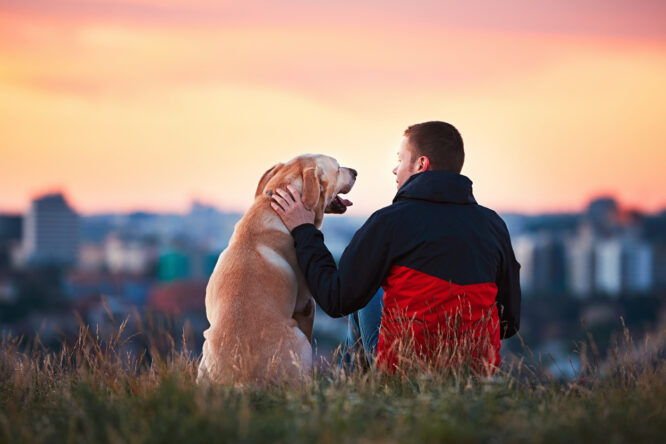
There’s something about their quiet energy, calm presence, and non-demanding way of existing that animals naturally feel drawn to. It’s not about being the loudest or most playful person in the room; it’s about showing up with a vibe that says, “I’m safe. I’ll wait for you.” For animals, that kind of energy speaks volumes.
1. Introverts don’t come on too strong.
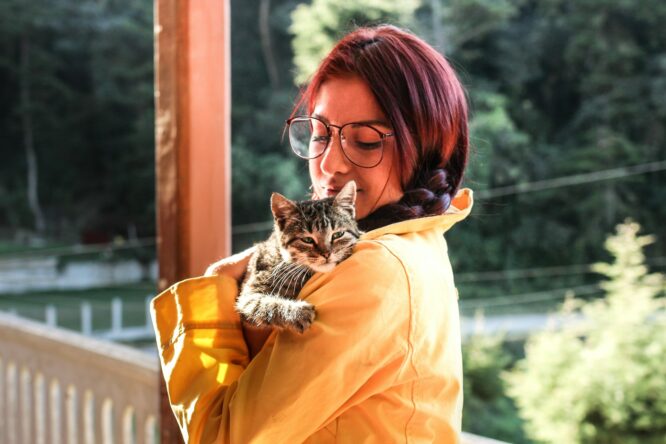
Most animals get wary around big energy—fast movements, loud voices, and too much attention all at once can be overwhelming. Introverts tend to approach slowly, read the room, and give space rather than forcing affection. That kind of patience builds trust in a way that feels safe and easy for animals to lean into.
Instead of pushing for attention, introverts let connection unfold naturally. It’s their softness that animals respond to, not because they’re trying to be gentle, but because that’s just who they are by default. The result is a calm bond that doesn’t need to be earned through tricks or treats.
2. Stillness makes them feel safe.
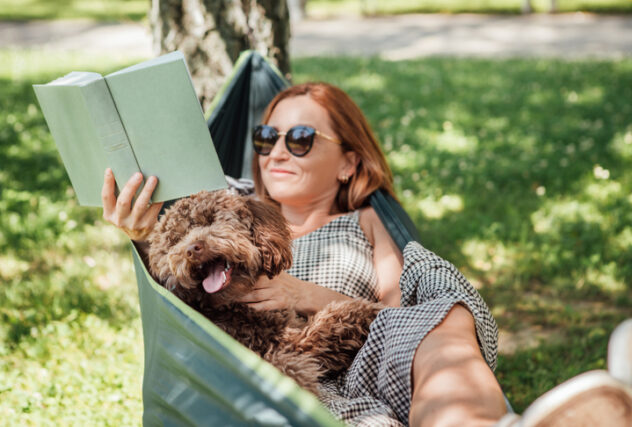
Animals are instinctive. They notice how people move and what kind of energy they carry. Introverts often feel at home in stillness, which creates a calm atmosphere animals naturally gravitate toward. There’s no pressure to engage, no loud gestures—just quiet, grounded presence.
That stillness communicates something that words can’t: I’m not a threat, and I’m not trying to control you. When an animal senses that, it lets down its guard and gets comfortable. That’s when real trust begins to build.
3. They notice the small stuff that other people don’t.
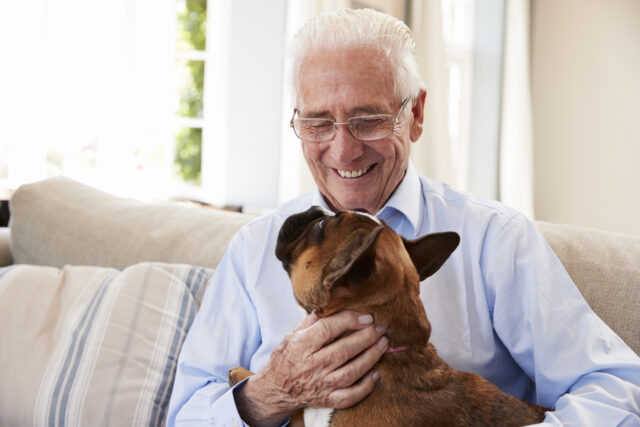
Introverts often pick up on things without realising it—body language, mood shifts, subtle cues. With animals, this skill becomes a huge strength. They’ll notice when a tail lowers slightly, when ears twitch, or when a pet quietly retreats from a situation that’s too much.
That level of attentiveness makes animals feel understood. Even without saying anything, an introvert can respond to an animal’s needs just by being observant. That kind of quiet responsiveness creates deep emotional safety for both sides.
4. They don’t interrupt an animal’s natural rhythm.
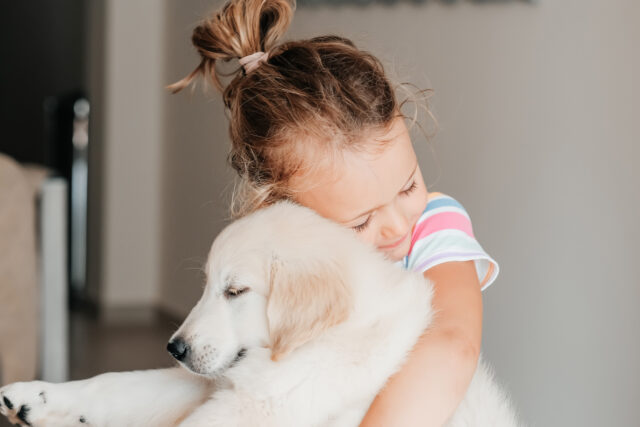
Animals like to do things on their own time. They sniff, wander, nap, and observe the world in a way that doesn’t always match a human schedule. Introverts, who are often more tuned into natural pacing than constant activity, get that without needing to force interaction.
Instead of pulling an animal into their energy, they ease into the animal’s world. That gentle approach allows connection to happen more authentically. Animals respond well to people who respect their flow instead of trying to reshape it.
5. Their presence is soft, not overstimulating.
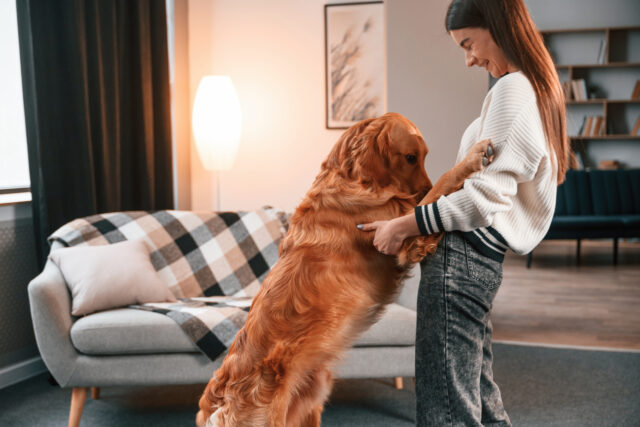
Animals can be sensitive to tone, volume, and body language. Introverts naturally carry less disruptive energy. Their voices tend to be calmer, their movements slower, and their emotional presence more contained. That’s not something they usually do on purpose. It’s just part of how they move through the world. But to an animal, especially one that’s easily startled or shy, that soft presence feels incredibly safe. It becomes a kind of emotional refuge.
6. They’re comfortable with quiet bonding.
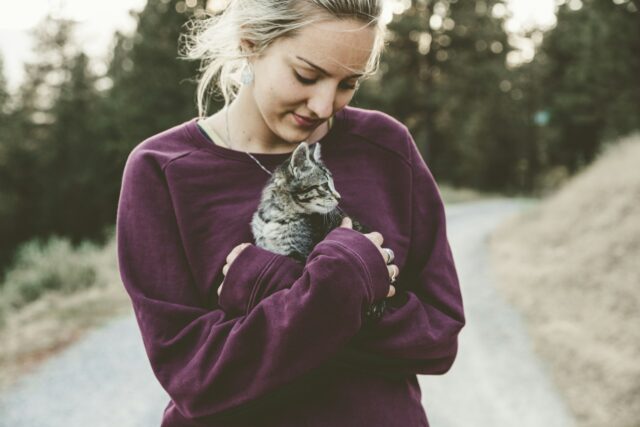 Source: Unsplash
Source: Unsplash Introverts don’t need to fill every moment with chatter or interaction. They’re happy to just be near someone (or some creature) in silence. With animals, this is a perfect match—no pressure, no overstimulation, just peaceful companionship. Many animals thrive in this kind of environment. Whether it’s sitting side by side on the floor or napping in the same room, the connection deepens through shared stillness. It’s quiet, but it’s powerful.
7. They tend to be more emotionally consistent.
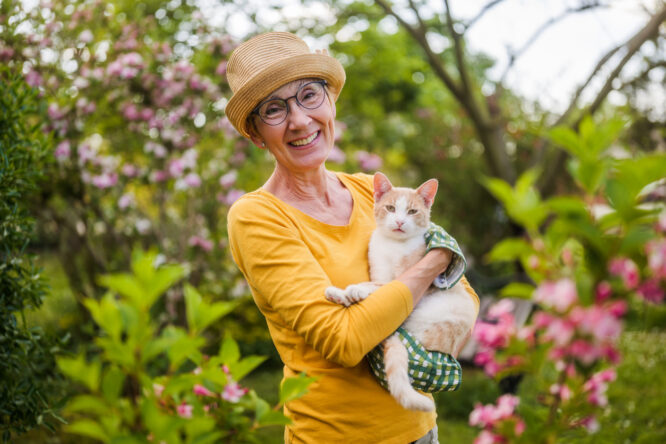
Introverts might not always share every emotion out loud, but their energy tends to be steady. They’re not all over the place emotionally, which can be grounding for animals that rely on consistency to feel secure. Even pets that are anxious or easily startled tend to feel more settled around people who don’t bring big emotional swings into the room. That stability helps animals relax. And once they feel safe, the bond grows stronger without effort.
8. They respect boundaries instinctively.
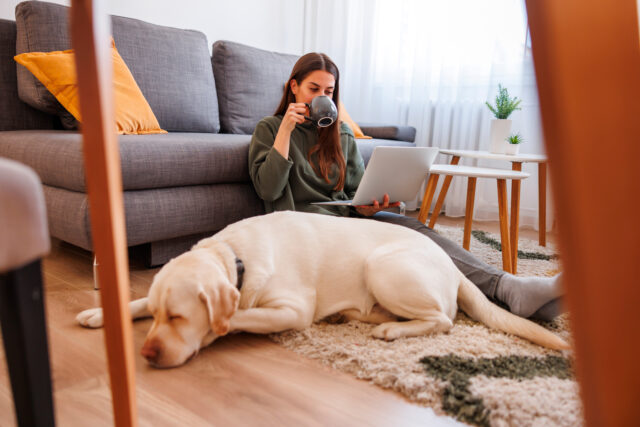
Introverts understand what it means to need space, and they don’t take it personally when someone pulls away. That applies to animals, too. If a pet backs off or hides, an introvert isn’t likely to chase after them or force interaction. Instead, they’ll give it time, and that patience often earns more trust than any treat or toy ever could. Animals respond well to people who don’t push past their comfort zone. Respect leads to closeness, even if it takes a little while to get there.
9. They prefer emotional connection over showy affection.

Introverts aren’t usually the ones putting on a big display of love. Their affection tends to show up in quieter ways, such as a gentle pat, a soft smile, sitting nearby without interrupting. Animals often prefer that kind of low-key love. It’s not demanding, it’s not performative, and it doesn’t require constant validation. It just feels easy, like love that doesn’t ask for anything in return.
10. They make anxious or shy animals feel safe.
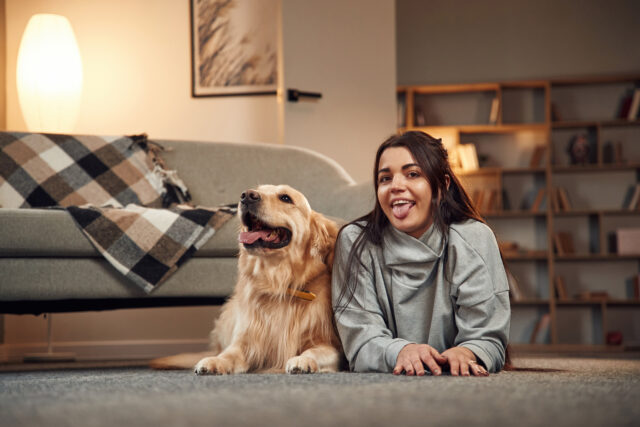
Not every pet is outgoing or playful. Some are nervous, rescued, or simply more reserved, and introverts have a natural way of making space for those animals to just be themselves. There’s no pressure to interact, no loud energy flooding the space. It’s a kind of emotional neutrality that allows shy animals to explore connection on their own terms. That slow-building trust becomes incredibly meaningful over time.
11. They feel soothed by the animal’s presence, too.
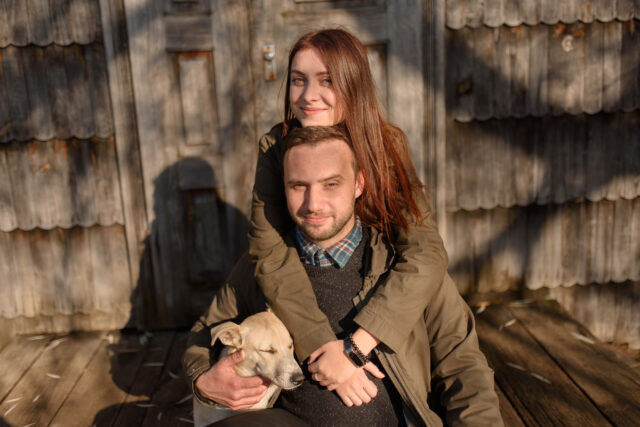
This bond isn’t one-sided. Animals bring introverts something just as powerful—relaxed companionship that doesn’t feel draining. Being with a pet offers connection without performance or conversation. For introverts, that’s gold. They get to feel close without having to talk things through or explain themselves. The comfort of being seen and accepted by an animal feels pure and uncomplicated.
12. They create peaceful environments animals want to be in.
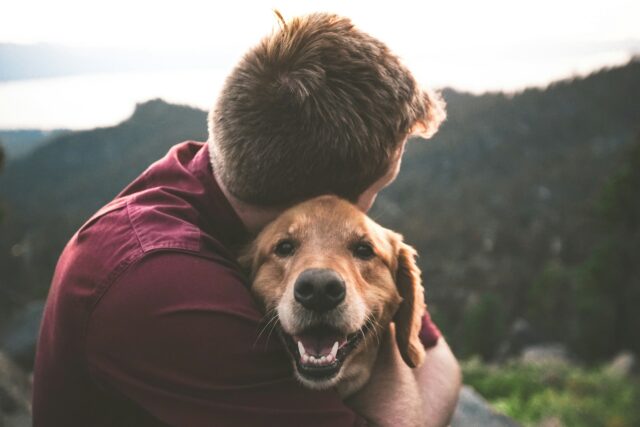 Source: Unsplash
Source: Unsplash Introverts tend to design their space around calm and comfort. Whether it’s soft lighting, a quiet corner, or a predictable routine, those peaceful vibes create an environment animals naturally gravitate toward. It’s not about control; it’s about softness. Pets often pick their favourite humans based on energy more than anything else, and introverts tend to radiate the kind of calm that animals want to be around.
13. They truly appreciate being chosen by an animal.
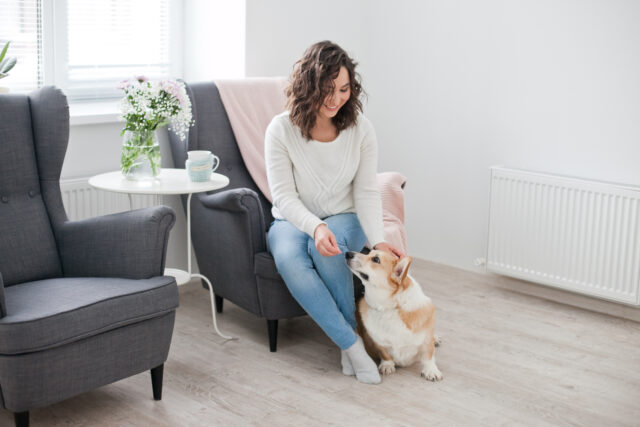
When an animal chooses to snuggle up, follow them around, or simply sit near them, introverts notice. They don’t take it for granted. That silent bond means something real, and they carry it with quiet pride. Because introverts don’t seek constant attention, being chosen feels special. It’s not about being the centre of attention, either. It’s about the quiet honour of being trusted by a creature that doesn’t give their affection lightly.




